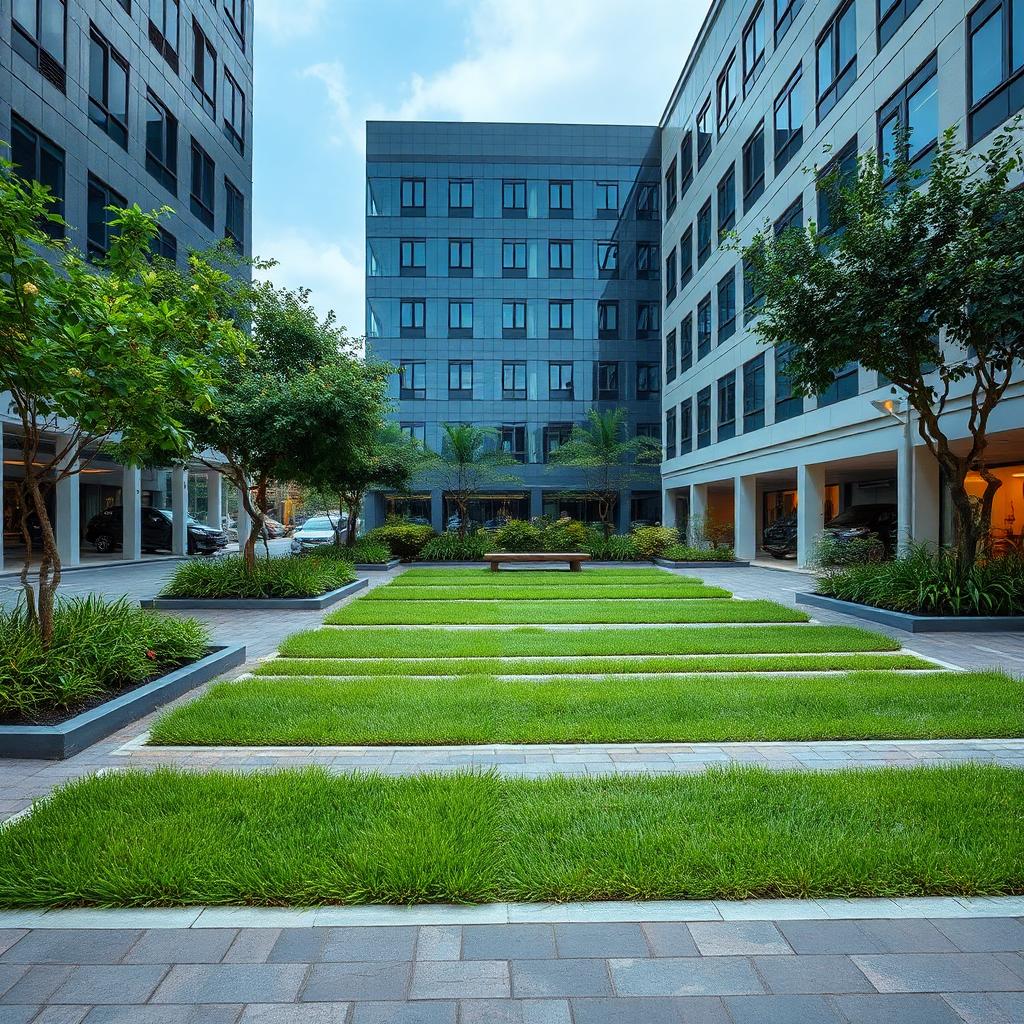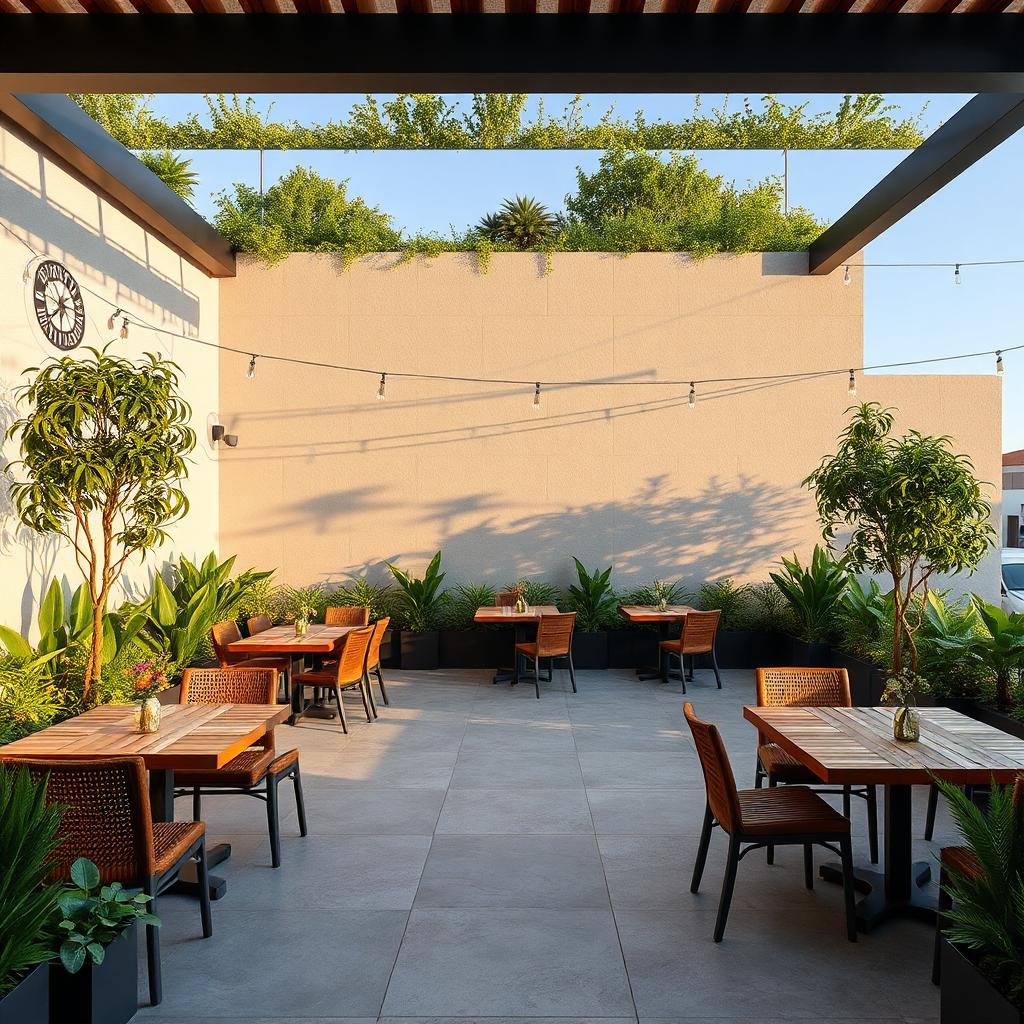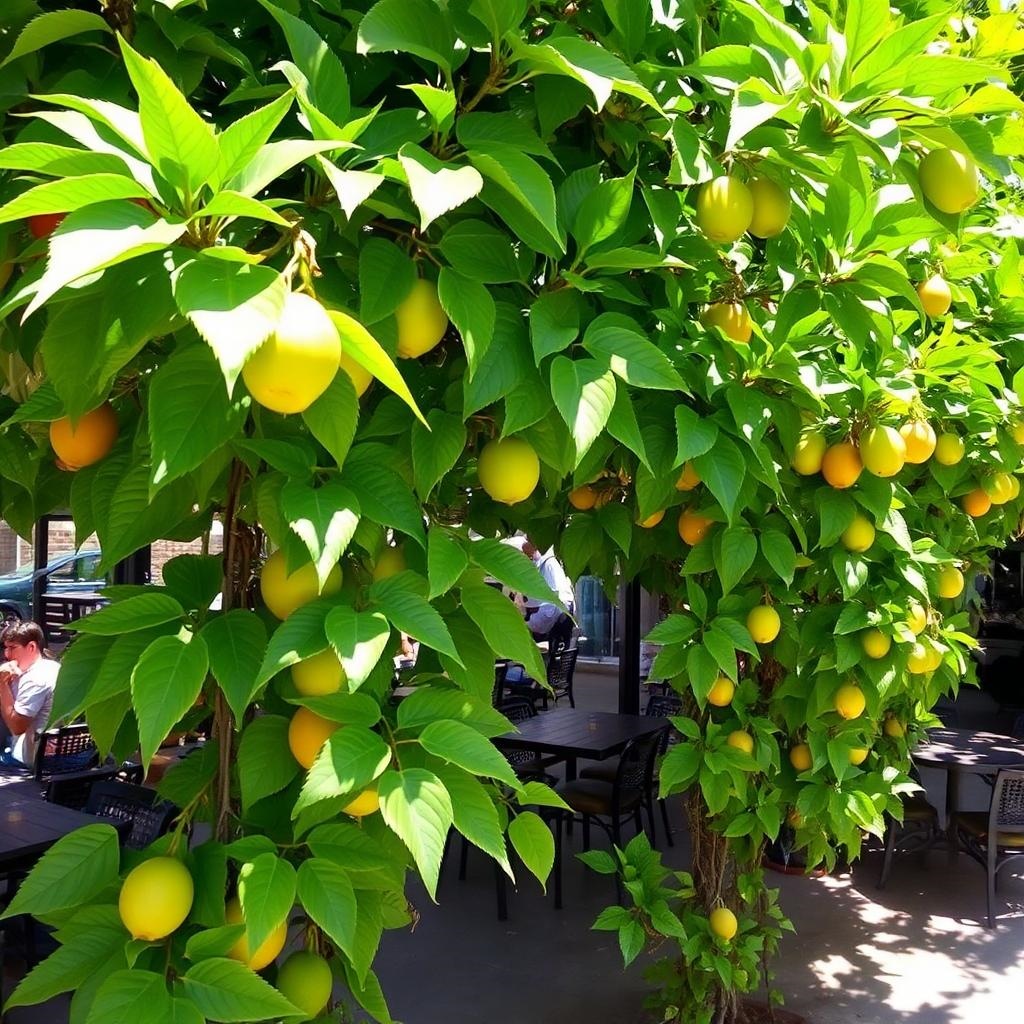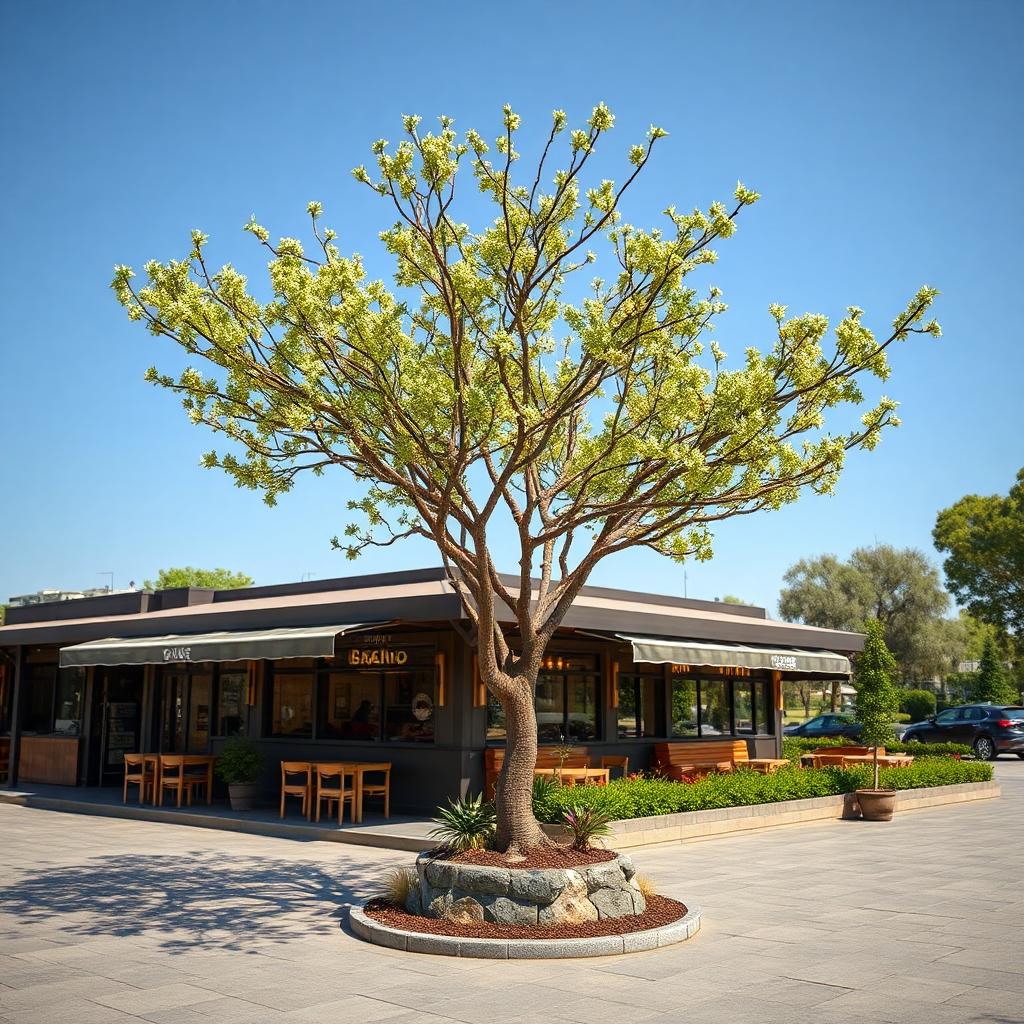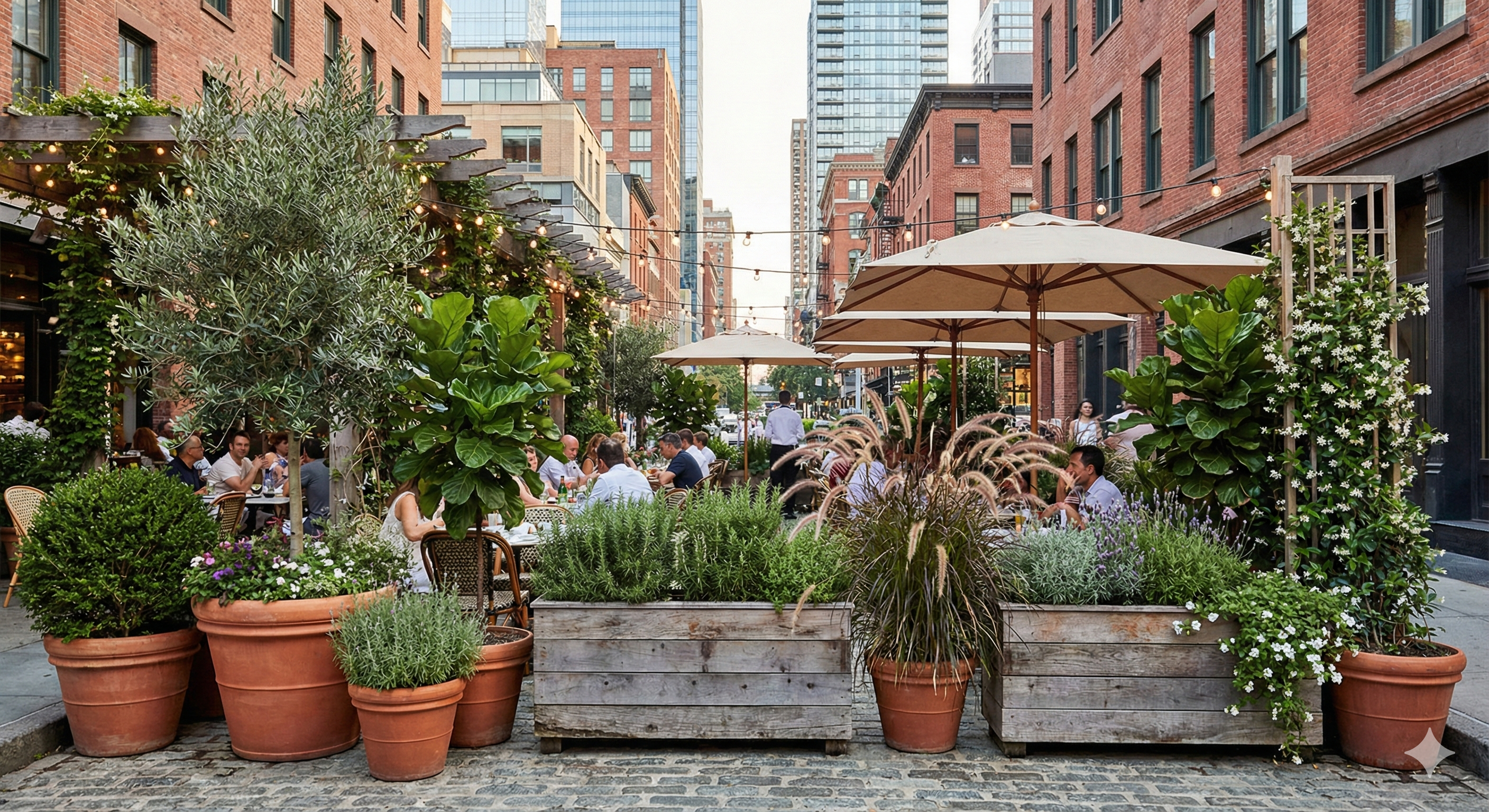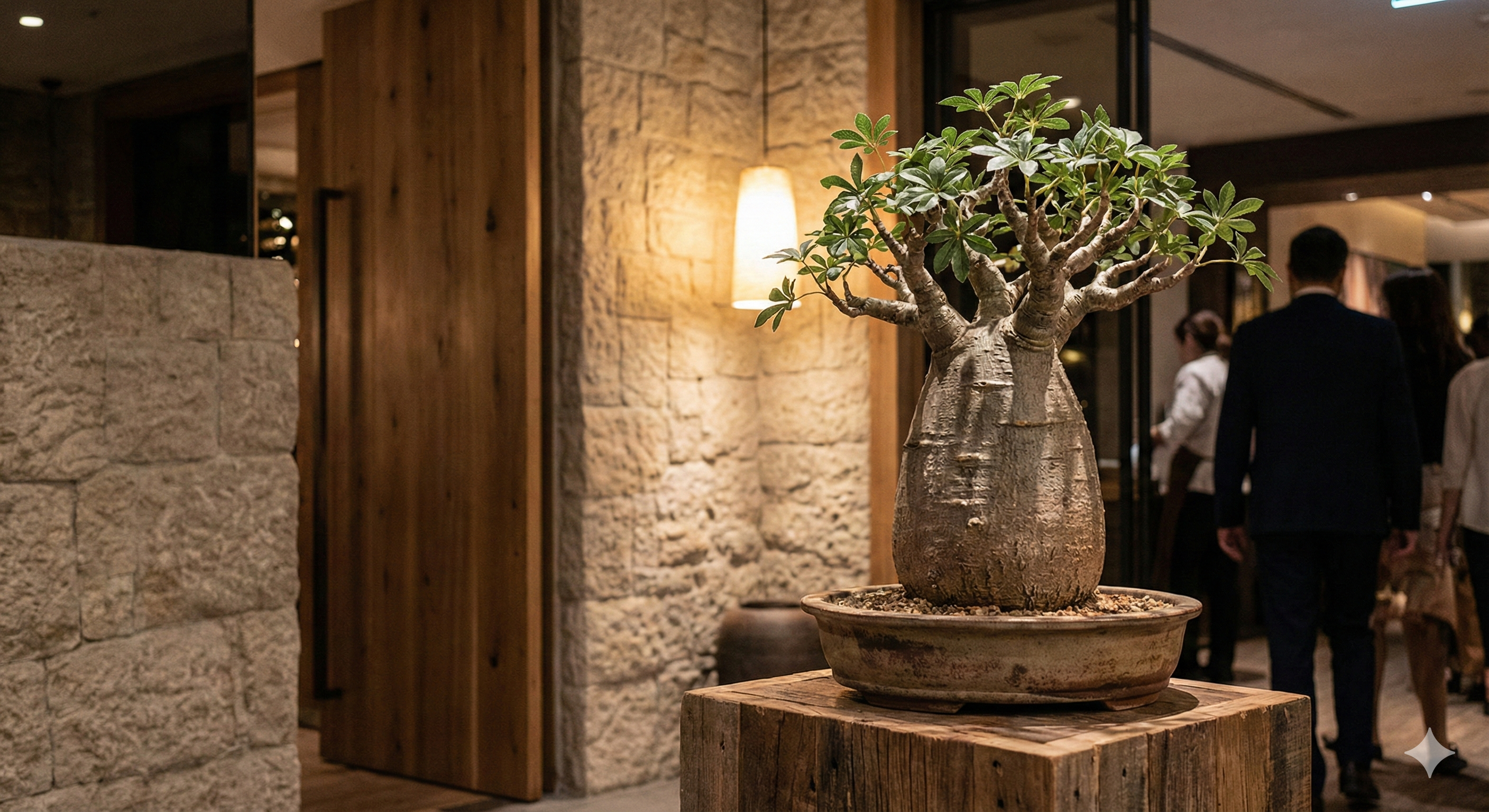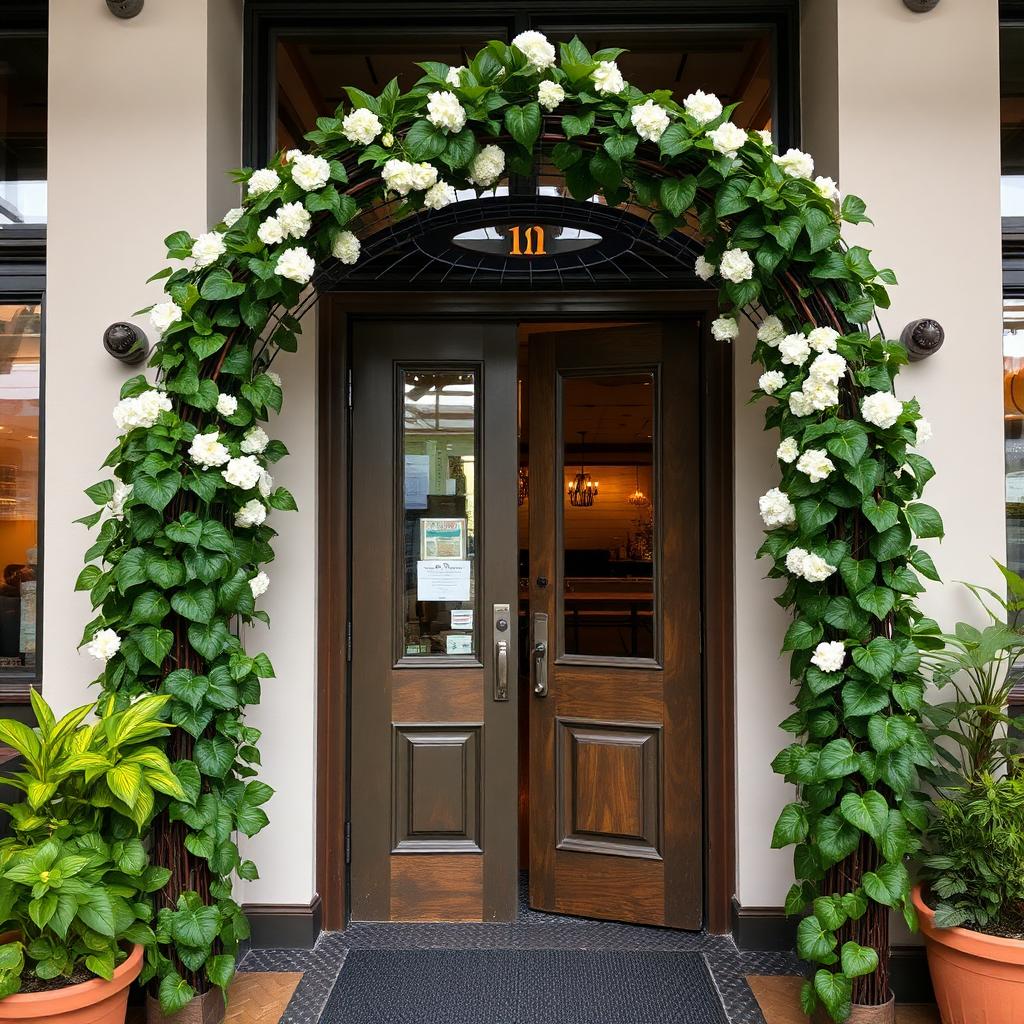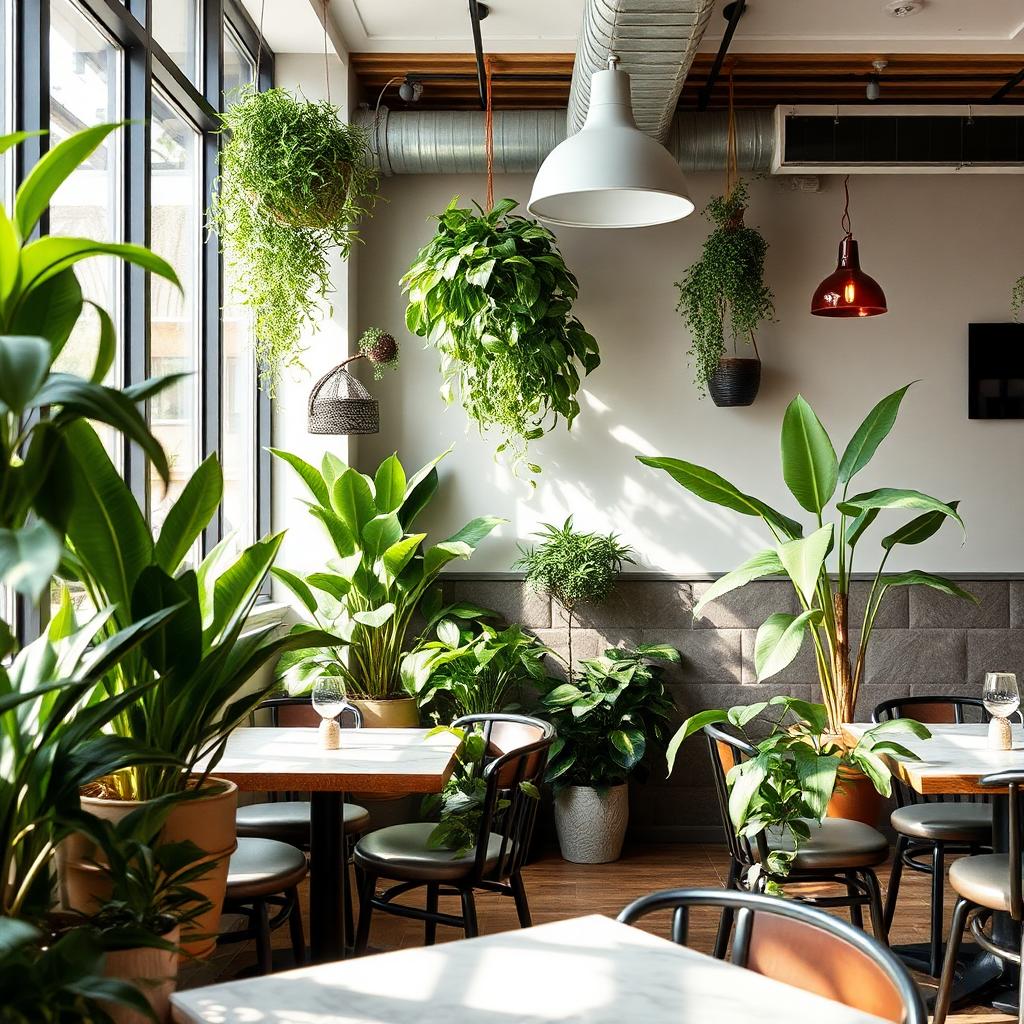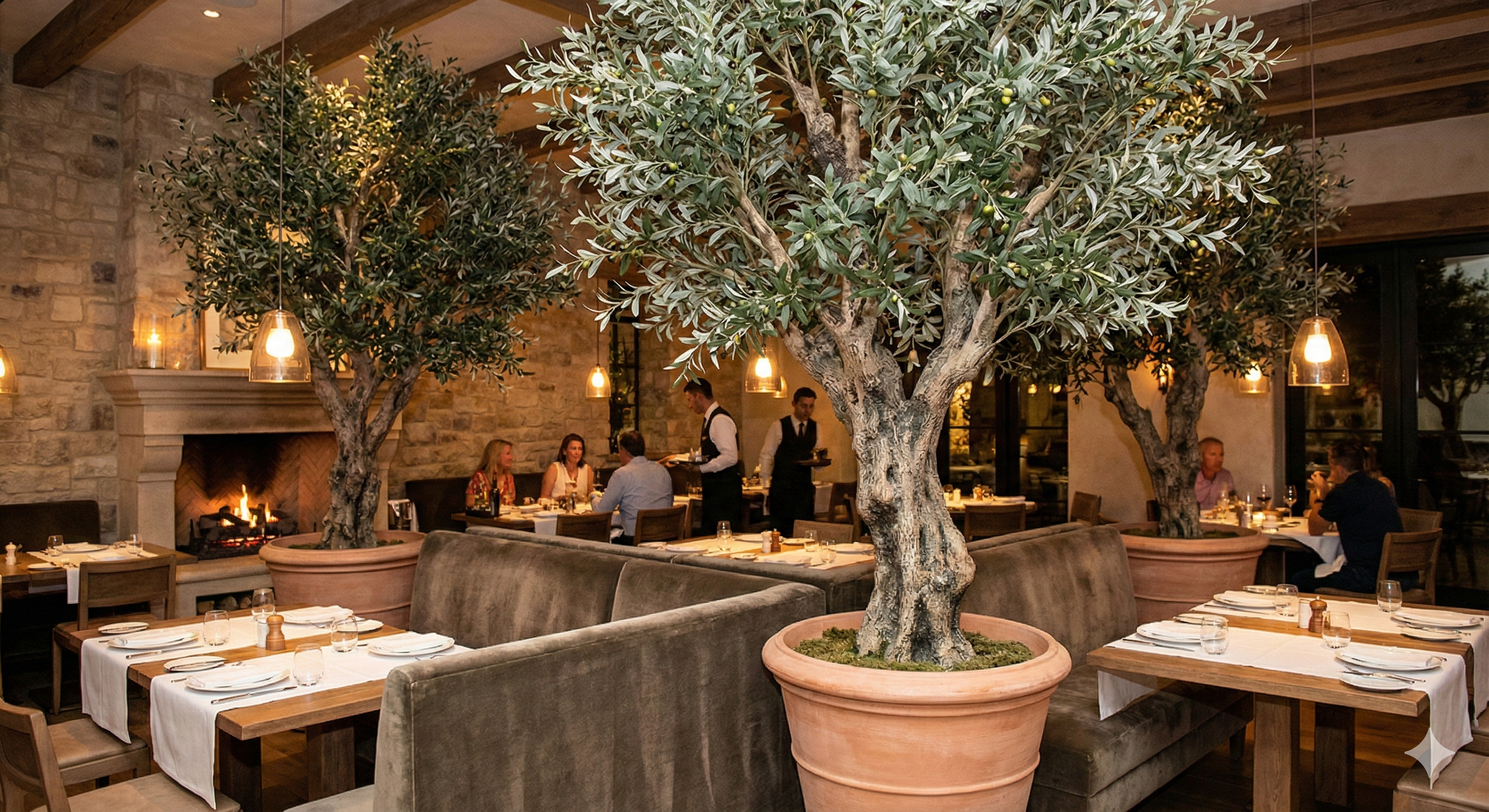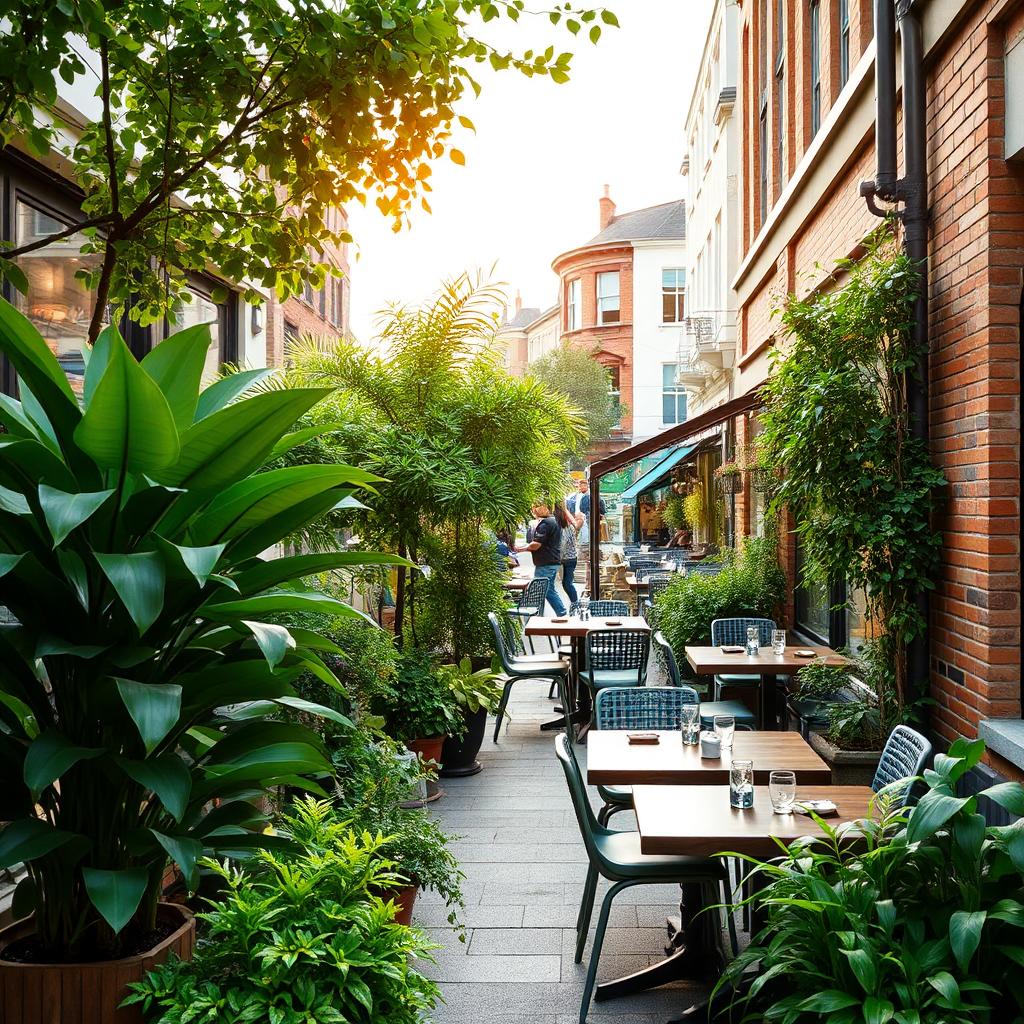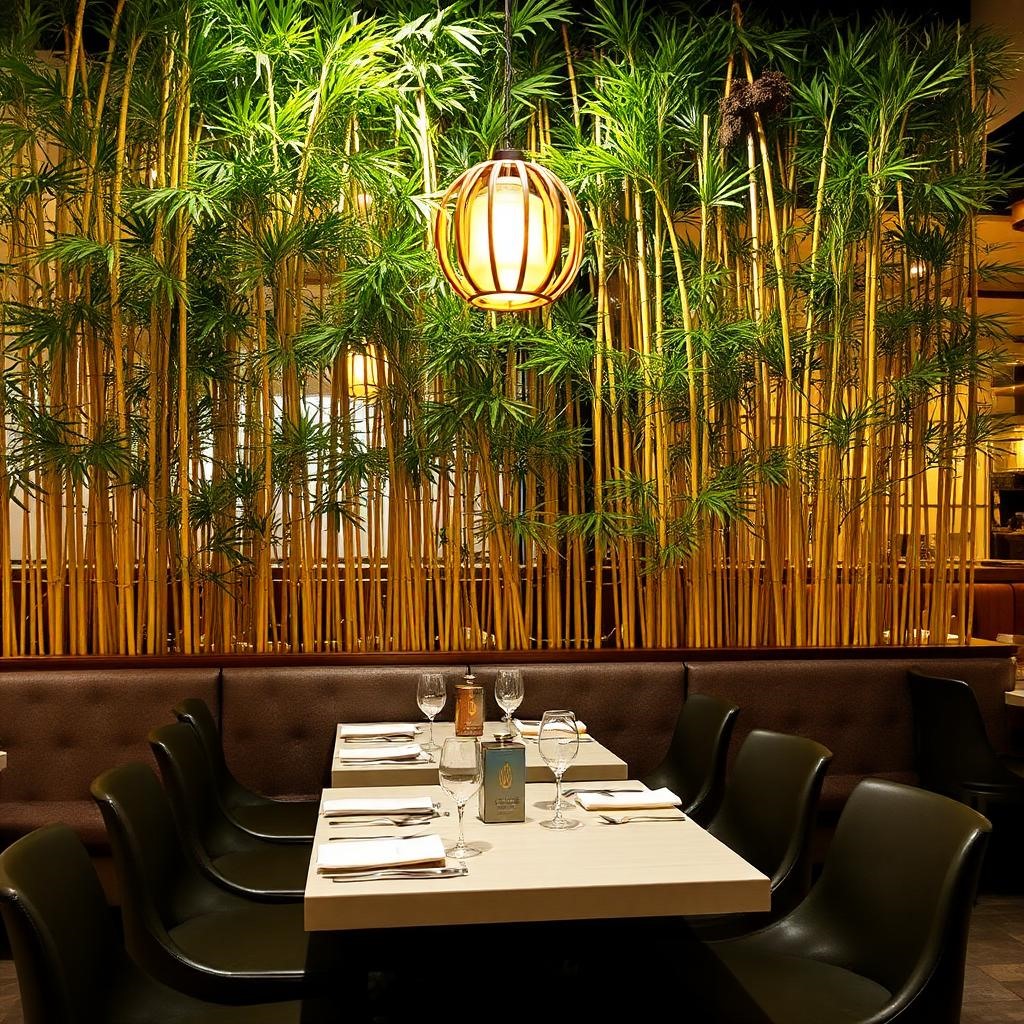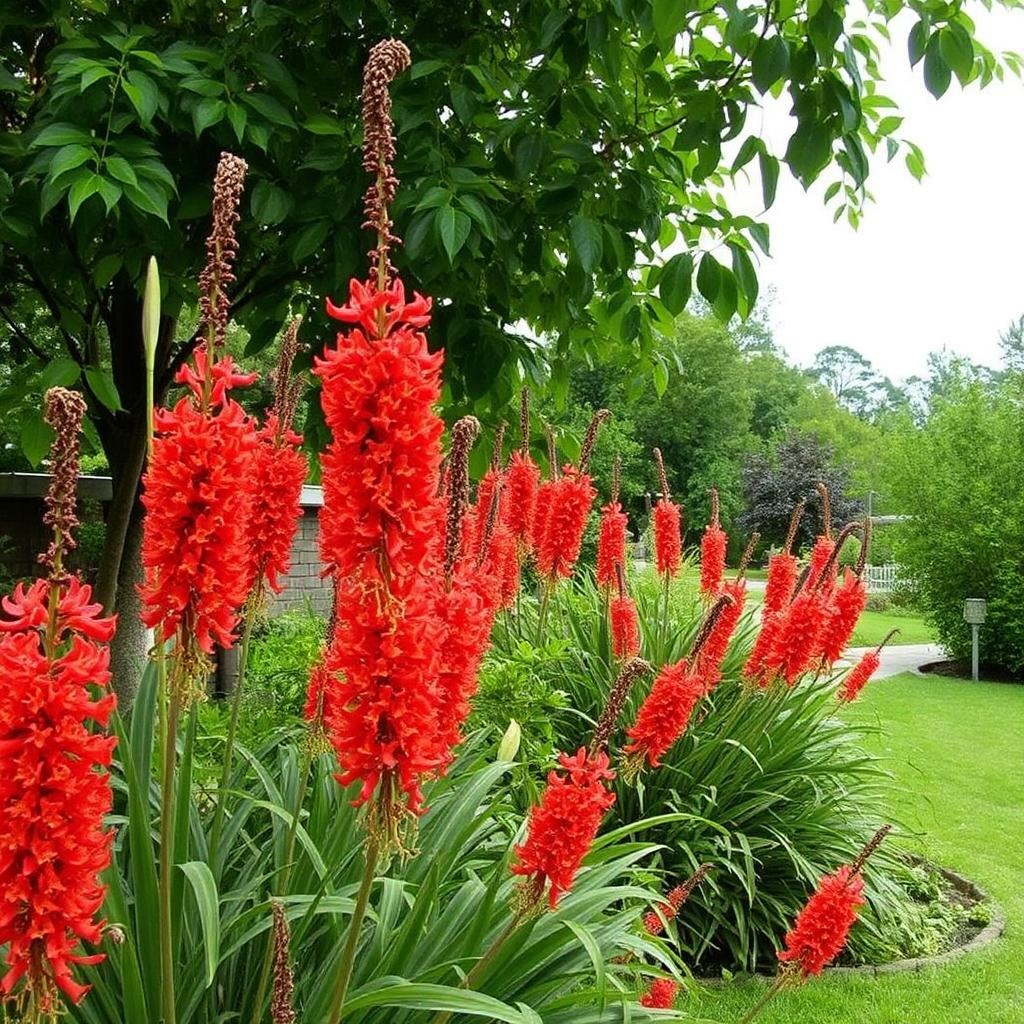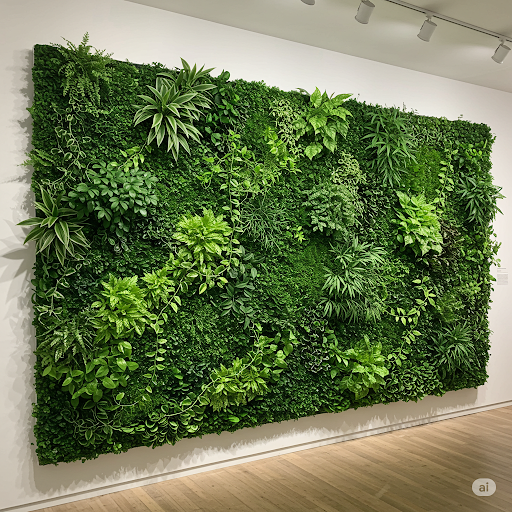Description
Our Key office landscaping focus
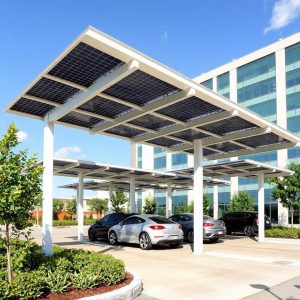
Office landscaping in Nairobi—encompassing both exterior gardens and interior plant design—is a highly professionalized and growing sector. It is driven by the desire to enhance curb appeal, employee well-being (biophilia), and property value in the competitive commercial districts of areas like Westlands and Kilimani.
The industry is characterized by a strong focus on sustainability and local knowledge to manage the unique challenges of the Kenyan climate.
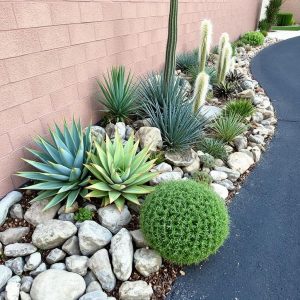
Nairobi’s office landscaping is moving toward aesthetically pleasing designs that are also environmentally responsible:
Biophilic Design
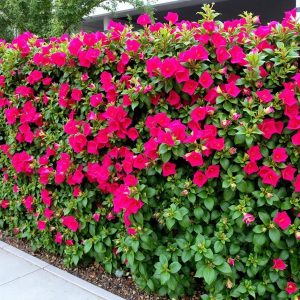
Nairobi’s corporate sector is increasingly prioritizing Biophilic Design. This involves thoughtfully integrating natural elements—like live plants, natural light, and organic textures. Both inside and outside the office structure. This trend is driven by compelling evidence that connecting humans with nature significantly improves employee health and productivity. It reduces stress, lowers heart rate, and enhances cognitive function. By installing lush interior planters and accessible exterior gardens, companies aim to create a soothing and restorative environment. That boosts morale and overall employee well-being.
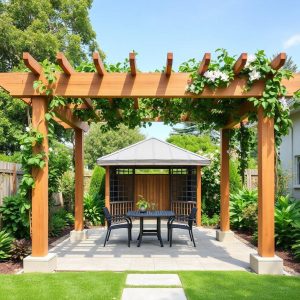
Water Efficiency (Xeriscaping)
Addressing Kenya’s critical concern over water scarcity and the high cost of utility bills, Nairobi landscaping calls for Xeriscaping. This strategy places a strong emphasis on installing water-efficient irrigation systems. Such as precise drip irrigation, which minimizes water loss through evaporation. Furthermore, it prioritizes the use of drought-tolerant and native plant species that are naturally adapted to the local climate. This approach ensures the landscape remains lush and aesthetically pleasing while upholding a strong commitment to environmental responsibility and cost management.
Hardscaping and Functionality
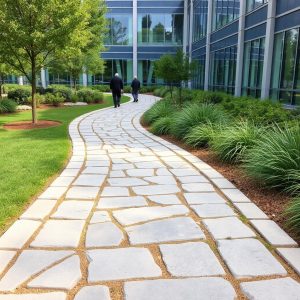
Modern office landscaping goes beyond just planting beds. It strategically combines softscapes (plants) with durable hardscaping (patios, stone walkways, and retaining walls) to create highly functional outdoor areas. The goal is to extend the usable office footprint outdoors. Thus providing dedicated outdoor living areas and seating zones where employees can take breaks, hold informal meetings, or where clients can be hosted. This integration turns previously unused exterior grounds into valuable, multipurpose, recreational, and collaborative spaces.
Rooftop and Vertical Gardens
Given the premium cost and scarcity of ground space in highly urbanized zones like Westlands, Nairobi offices are maximizing every available surface. This involves the widespread adoption of Rooftop Gardens and Vertical Green Walls. These innovative solutions create significant green spaces on otherwise barren vertical surfaces or unused roof areas. Such installations are not only visually striking but also contribute to cooling the building, managing stormwater runoff, and improving air quality in dense commercial areas, all while providing stunning views.
Luxury and Professionalism
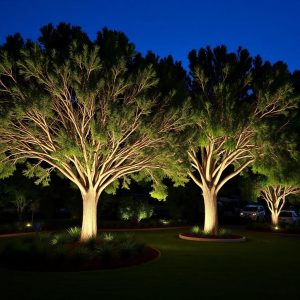
Office landscaping is now recognized as a strategic investment that directly impacts brand perception and financial value. A beautifully maintained exterior garden and a thoughtfully designed interior plant program instantly communicate stability, success, and a commitment to employee wellness. This sophisticated presentation significantly enhances a company’s brand image, attracting top talent and high-value clients. Ultimately, high-quality landscaping substantially boosts the market value and curb appeal of commercial properties in a competitive real estate environment.
Popular Plant Varieties (Interior & Exterior)
Nairobi’s geographic location grants it a stable, moderate climate that is highly conducive to horticulture. Therefore, local landscapers can select a diverse range of robust and visually appealing plants for commercial settings. The primary consideration for plant variety is resilience, driven by a need for water conservation outdoors and low light tolerance indoors.
I. Interior Office Plants: Resilience and Air Purification
The indoor environment of Nairobi office buildings is typically air-conditioned and often dimly lit, making low-maintenance, air-purifying varieties the most popular choice.
Snake Plant (Sansevieria)
A dominant favorite is the Snake Plant. Its upright, architectural leaves make a strong modern statement, and its ability to thrive in almost dark corners and withstand weeks without water makes it ideal for a busy office. It is also highly effective at absorbing toxins.
ZZ Plant (Zamioculcas zamiifolia)
The ZZ Plant is celebrated for its almost indestructible nature and glossy, dark green foliage. It is highly drought-tolerant and maintains a polished, healthy appearance with minimal intervention, making it perfect for reception desks and executive offices.
Pothos (Money Plant)
Known for its vibrant, trailing vines, the Pothos is adaptable to various light conditions and is excellent for softening the rigid lines of office furniture when allowed to cascade from high shelves or planters.
Peace Lily (Spathiphyllum)
The Peace Lily Office Plant is valued for its elegant white flowers and deep green leaves. It is a reliable performer in low-light settings and clearly signals when it needs water by drooping dramatically, making its care straightforward.
Fiddle Leaf Fig (Ficus lyrata) and Rubber Plant (Ficus elastica)
While demanding brighter light, the Fiddle Leaf Fig (Ficus lyrata) and Rubber Plant (Ficus elastica) are chosen as large statement pieces in sunny lobbies or executive suites for their bold, fashionable foliage and significant visual impact.
II. Exterior Office Landscaping: Drought Tolerance and Native Beauty
Exterior commercial landscaping in Nairobi is fundamentally driven by sustainability and efficiency. The primary goal is to ensure the landscape remains professionally lush and green throughout the year while actively managing water consumption and minimizing maintenance costs. This is achieved through the strategic use of plants that are naturally suited to the local Kenyan climate.
Indigenous Trees and Shrubs
Landscapers strongly favor native Kenyan species because they offer significant ecological and practical advantages. Because these plants have naturally adapted to local soil and sun conditions over centuries. And therefore require substantially less water than non-native species, making them the most water-wise option. Furthermore, they exhibit a natural resistance to local pests and diseases, reducing the need for chemical treatments. Choosing indigenous flora also supports local biodiversity, reinforcing a commitment to environmental stewardship alongside high-end aesthetics.
Succulents and Cacti
The Succulents and Cacti are highly valued for their striking architectural forms. And they are unmatched in their exceptional drought resistance. Succulents and large cacti, such as various species of Aloe, thrive in full sun with minimal moisture, storing water in their fleshy tissues. They are used strategically in sunny planters, rock gardens, and alongside entryways to create bold, sculptural, and modern accents. Their unique shapes provide visual interest and a clean, contemporary aesthetic that is inherently water-wise.
Bougainvillea
The Bougainvillea is a popular choice for delivering vibrant, year-round color with minimal water. This hardy plant is capable of thriving in hot, sunny conditions. And is used extensively to add dramatic visual flair. It is often trained along perimeter walls, fences, or over pergolas. Where its intense shades of pink, red, and purple create a memorable, high-impact backdrop. Its resilience ensures consistent color, which is vital for maintaining high curb appeal.
Hardy Ground Covers
Ground covers serve a crucial ecological role by acting as a living mulch. They are used extensively to control soil erosion on slopes and, critically, to reduce water evaporation from the soil surface. This category includes robust, fast-spreading grasses like Kikuyu Grass for large open lawns. As well as various low-growing, drought-tolerant species that fill the spaces between walkways, pavers, and garden beds. They are essential for a neat, finished look while contributing significantly to water conservation.
Ornamental Grasses
Tall, tufted grasses are increasingly used as a modern, low-maintenance alternative to traditional, water-intensive flowering shrubs. Their fine textures and structural shapes add movement and soft texture to garden beds as they sway in the wind. Varieties are often selected for their subtle color. From silvery blues to warm bronze, offering a contemporary, professional aesthetic that is naturally drought-tolerant and requires minimal pruning.
The prevailing trend in Nairobi office landscaping is a successful, practical integration of greenery that champions minimal maintenance, maximum ecological benefit, and a high-end, professional aesthetic.
III. Major Industry Challenges
Professional landscaping in Nairobi requires strategic planning to manage the unique environmental and urban challenges of the region, ensuring commercial properties remain vibrant, sustainable, and professional.
Water Management
Kenya’s irregular and often unpredictable rainfall patterns present a significant challenge, making water conservation the primary concern for any professional landscape design. To ensure sustainability, landscapers must move away from wasteful traditional watering methods. This necessitates the installation of highly efficient irrigation systems, such as computerized drip irrigation and micro-sprinklers, which deliver precise amounts of water directly to the plant roots, minimizing evaporation. Simultaneously, landscape designs prioritize drought-resistant, native species that are naturally adapted to the local arid and semi-arid conditions, reducing reliance on municipal water sources and lowering maintenance costs.
Soil Quality
The natural soil in many of Nairobi’s urban commercial areas often suffers from being infertile, rocky, or heavily compacted due to construction and development activities. Such poor-quality soil lacks the structure and nutrients necessary to sustain healthy, professional-grade planting. Professionals must actively remediate the ground by incorporating large amounts of organic matter, compost, and soil conditioners (like manure or coco peat) to improve drainage and nutrient retention. Alternatively, where remediation is impractical, they utilize raised garden beds or large, durable planters filled with imported, engineered soil mixes to guarantee optimal growth conditions.
Urban Space Constraints
In high-density commercial zones like the CBD and Westlands, ground-level space is limited and extremely valuable. This forces landscapers to implement creative vertical solutions to maximize greenery. Designs frequently incorporate container gardening using large, statement planters that can be easily rearranged for events. More structurally, they utilize vertical gardens (or green walls) on building façades and green roofs (or rooftop gardens) atop buildings. These solutions allow companies to create significant green footprints, improving aesthetics and air quality without consuming precious ground-level real estate.
Pest and Disease Control
Nairobi’s stable, warm climate is conducive to year-round plant growth. But unfortunately also favors the proliferation of various pests and diseases. Frequent issues with insects like aphids, mites, termites, and mealybugs demand a proactive and professional approach to plant health. Modern landscaping prioritizes eco-friendly and organic pest control methods. Such as introducing beneficial insects, using neem-based oils, or implementing integrated pest management (IPM) strategies—to maintain plant health without resorting to harsh chemical pesticides that could harm employees, clients, or the environment.
Office Landscaping Project Lifecycle
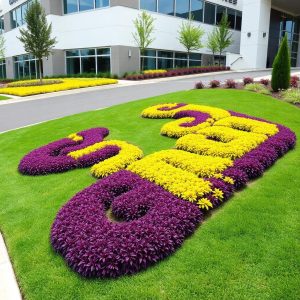
Consultation and Briefing (Discovery)
The process begins with an initial meeting between the client (building owner/manager) and the landscaping contractor. We conduct a site assessment, noting environmental factors like light, drainage, foot traffic, and existing utilities. The client outlines their goals, budget, desired mood (e.g., calming, vibrant), and functional needs (e.g., outdoor meeting space, brand representation). A detailed brief is developed to guide our design.
Phase 2: Design and Idea Presentation
Our design team develops concepts based on the brief. This involves selecting appropriate plant palettes (considering Nairobi’s climate, water needs, and light levels), materials for hardscaping, and placement of amenities. We present the design proposal, often including 2D layouts, 3D renderings, and a comprehensive cost estimate. This phase is highly collaborative, with revisions made until the client approves the final design and budget.
Phase 3: Procurement and Installation
Once approved, we procure all necessary materials. From certified plants and soil to hardscape materials like natural stone and irrigation systems. Installation begins, which includes site preparation, structural work (like walls or pergolas), installing drainage and automated irrigation systems, placing hardscape elements, and finally, planting. This phase requires tight coordination to minimize disruption to the building’s operations.
Phase 4: Handover and Maintenance
The project concludes with a final walk-through and handover to the client. We then transition to the maintenance phase, often under a contract. Regular service is crucial for the long-term health of the landscape. These include pruning, pest and disease management, seasonal fertilization, irrigation system checks, and replacing any failed plants. This ensures the landscape matures gracefully and remains a vibrant asset to the office environment.

